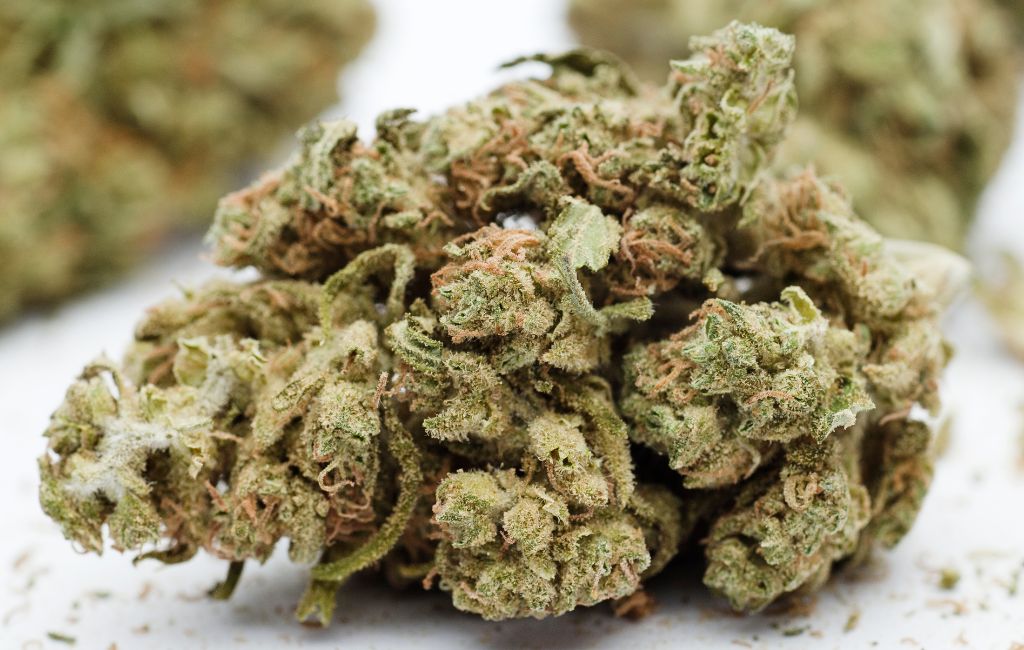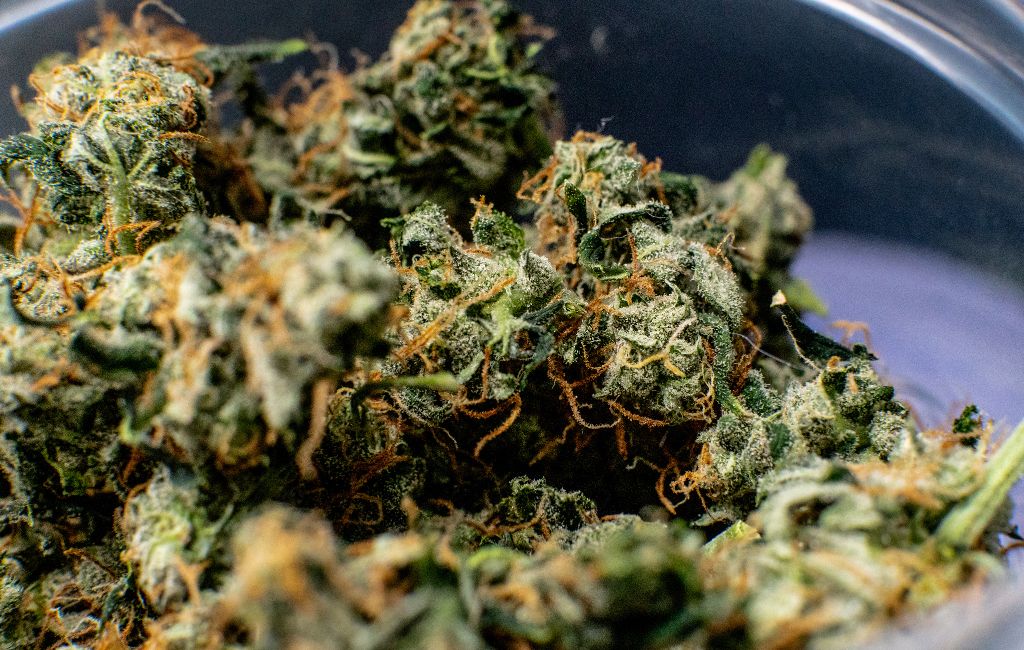THCa Benefits: Unlocking Nature’s Wellness Secrets
In recent years, the exploration of cannabis compounds has gained significant momentum, with THCa emerging as a promising player in the wellness sector. Unlike its more famous counterpart THC, THCa is non-psychoactive, offering a range of potential health benefits without the high. This article delves into the potential THCa benefits, supported by research and real-world examples.
Understanding THCa
THCa, or tetrahydrocannabinolic acid, is a cannabinoid found in raw and live cannabis plants. It is the precursor to THC, the compound responsible for the psychoactive effects of cannabis. When cannabis is heated through smoking, vaping, or cooking, THCa converts to THC. This transformation is known as decarboxylation.
In its raw form, THCa does not produce the intoxicating effects associated with THC. This characteristic makes it an attractive option for those seeking the therapeutic benefits of cannabis without the high.
Potential Health Benefits of THCa
Research into THCa is still in its early stages, but preliminary findings suggest a variety of potential health benefits:
- Anti-inflammatory Properties: THCa has shown promise in reducing inflammation, which could be beneficial for conditions such as arthritis and inflammatory bowel disease.
- Neuroprotective Effects: Studies indicate that THCa may help protect brain cells, potentially offering benefits for neurodegenerative diseases like Alzheimer’s and Parkinson’s.
- Antiemetic Benefits: THCa may help alleviate nausea and vomiting, making it a potential option for patients undergoing chemotherapy or those with chronic conditions that cause nausea.
- Appetite Stimulation: While THC is known for increasing appetite, THCa may also play a role in stimulating hunger, which could be helpful for individuals with appetite loss due to illness or treatment.
Case Studies and Research
Several studies and anecdotal reports highlight the potential of THCa in various therapeutic contexts:
A 2013 study published in the British Journal of Pharmacology explored the anti-inflammatory effects of THCa. The researchers found that THCa reduced inflammation in animal models, suggesting its potential for treating inflammatory conditions.
In another study, researchers investigated the neuroprotective properties of THCa. The study, published in the Journal of Neuroimmune Pharmacology, demonstrated that THCa could protect neurons from oxidative stress, a key factor in neurodegenerative diseases.
Real-world examples further illustrate the potential of THCa. Patients with chronic conditions have reported improvements in symptoms such as pain, inflammation, and nausea after incorporating THCa-rich cannabis products into their wellness routines.
How to Incorporate THCa into Your Routine
For those interested in exploring the benefits of THCa, there are several ways to incorporate it into a wellness routine:
- Raw Cannabis Juicing: Consuming raw cannabis leaves and flowers through juicing is a popular method for obtaining THCa. This approach preserves the compound in its natural form.
- THCa Tinctures and Capsules: These products offer a convenient way to consume THCa without the need for preparation. They are available in various concentrations to suit individual needs.
- Topical Applications: THCa-infused creams and balms can be applied directly to the skin, providing localized relief for inflammation and pain.
Legal Considerations
The legal status of THCa varies by region. In some areas, THCa is considered legal due to its non-psychoactive nature, while in others, it falls under the same regulations as THC. It is important to research and understand the laws in your area before purchasing or using THCa products.
Conclusion
THCa represents a promising frontier in the exploration of cannabis for health and wellness. With its potential anti-inflammatory, neuroprotective, antiemetic, and appetite-stimulating properties, THCa offers a range of benefits without the psychoactive effects of THC. As research continues to unfold, THCa may become an increasingly valuable tool in the pursuit of natural wellness solutions.
Whether through raw cannabis juicing, tinctures, or topical applications, there are various ways to incorporate THCa into a wellness routine. As always, it is advisable to consult with a healthcare professional before starting any new supplement or treatment.

